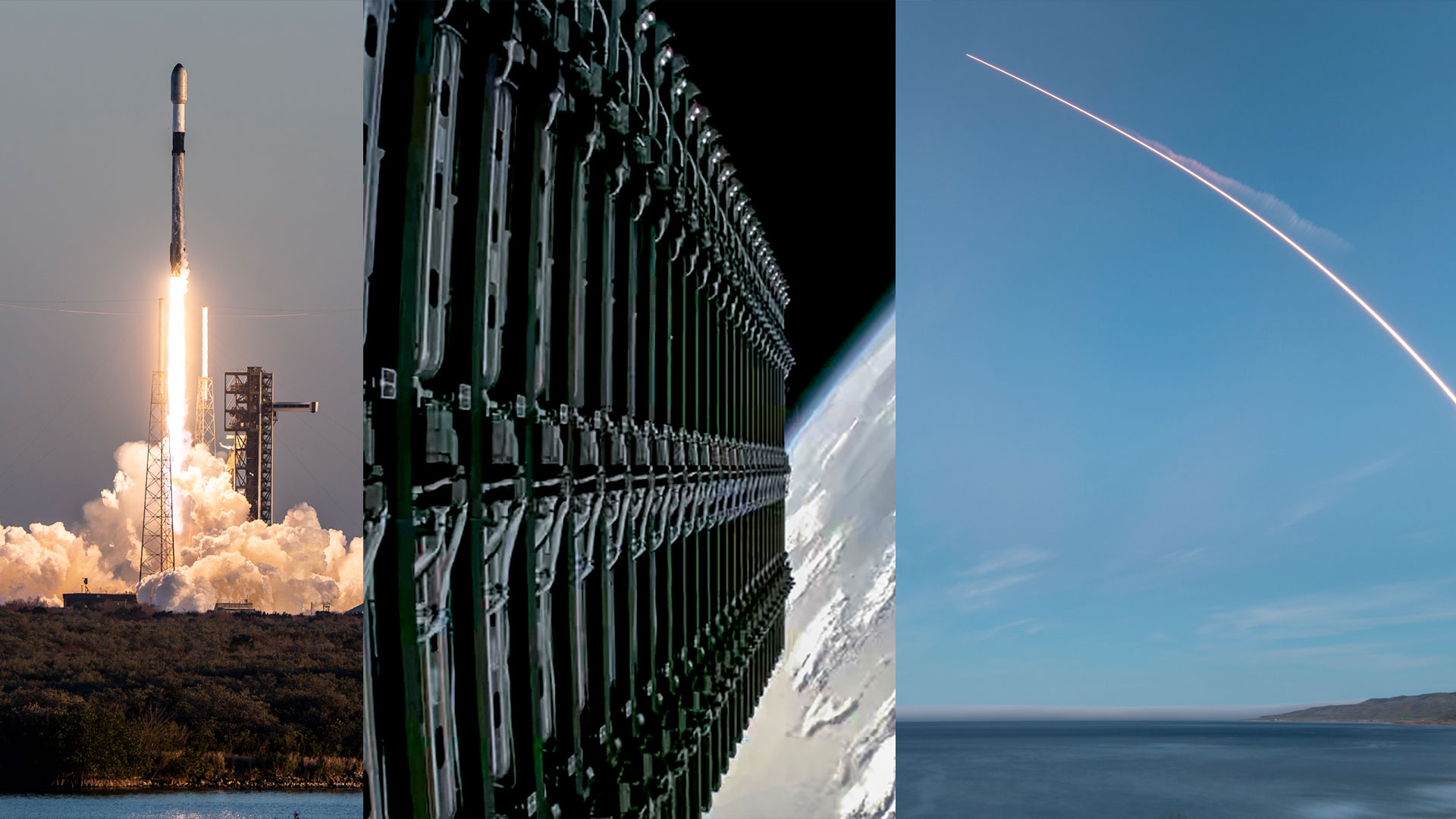Northrop Grumman Cygnus cargo ship departs space station to conduct experiment in orbit
It will spend a few weeks performing an experiment before re-entering the atmosphere on Dec. 15.
Breaking space news, the latest updates on rocket launches, skywatching events and more!
You are now subscribed
Your newsletter sign-up was successful
Want to add more newsletters?
The latest Cygnus cargo ship departed the International Space Station Saturday (Nov. 20) after sending a haul of cargo to the orbiting crew.
The Northrop Grumman NG-16 resupply vessel was released from the grip of the station's robotic arm at 11:01 a.m. EST (1601 GMT) by a command from NASA's Mission Control Center in Houston as both spacecraft sailed high over the South Pacific Ocean. The Cygnus spacecraft floated away from the International Space Station under the supervision of Matthias Maurer, an astronaut of the European Space Agency on the station's Expedition 66 crew.
Video: Watch astronauts capture Cygnus NG-16 in orbit
Cygnus will spend several weeks in space before being directed to re-enter the atmosphere on Dec. 15. During that time, ground controllers will deploy the Kentucky Re-Entry Probe Experiment, the latest in a series of autonomous experiments that run during the last few weeks of Cygnus missions.
This new experiment will "demonstrate a thermal protection system for spacecraft and their contents during re-entry in Earth's atmosphere, which can be difficult to replicate in ground simulations," NASA said in a statement.
Cygnus arrived at the ISS on Aug. 12 hauling its biggest delivery yet, with four tons of stuff. The Cygnus supply ship was christened the S.S. Ellison Onizuka in honor of the first Asian American astronaut Ellison Onuzuka, who was killed along with six others in the Challenger shuttle disaster in 1986.
The spacecraft arrived with more than 8,200 lbs. (3,720 kilograms) of supplies, equipment and experiments, the biggest ever cargo delivery to the station by a Cygnus spacecraft. The delivery included new hardware, a carbon dioxide scrubber for ensuring breathable air, and equipment for the station's upgraded solar arrays. Experiments included a slime mold (a brainless blob) and two payloads to examine human muscle cells in space.
Breaking space news, the latest updates on rocket launches, skywatching events and more!
The mission was the 15th operational resupply launch to the space station by Northrop Grumman since 2014. Earlier launches were overseen by Orbital Sciences and Orbital ATK, which Northrop Grumman later acquired.
"The Cygnus system has evolved from being just a cargo delivery service to a high performing science platform," said Northrop Grumman's Steve Krein, vice president, civil and commercial space, tactical space systems, said in a statement. "We continue to develop these capabilities to include the installation of environmental control systems and other upgrades to support the lunar orbiting Habitation and Logistics Outpost, or HALO."
The HALO project is a habitation module for NASA's planned Gateway space station around the moon for future Artemis astronauts. Northrop Grumman is using its experience with Cygnus to design the HALO module.
The next U.S. cargo ship to visit the space station will be a SpaceX Cargo Dragon spacecraft, which is slated to launch in late December.
Follow Elizabeth Howell on Twitter @howellspace. Follow us on Twitter @Spacedotcom and on Facebook.

Elizabeth Howell (she/her), Ph.D., was a staff writer in the spaceflight channel between 2022 and 2024 specializing in Canadian space news. She was contributing writer for Space.com for 10 years from 2012 to 2024. Elizabeth's reporting includes multiple exclusives with the White House, leading world coverage about a lost-and-found space tomato on the International Space Station, witnessing five human spaceflight launches on two continents, flying parabolic, working inside a spacesuit, and participating in a simulated Mars mission. Her latest book, "Why Am I Taller?" (ECW Press, 2022) is co-written with astronaut Dave Williams.
